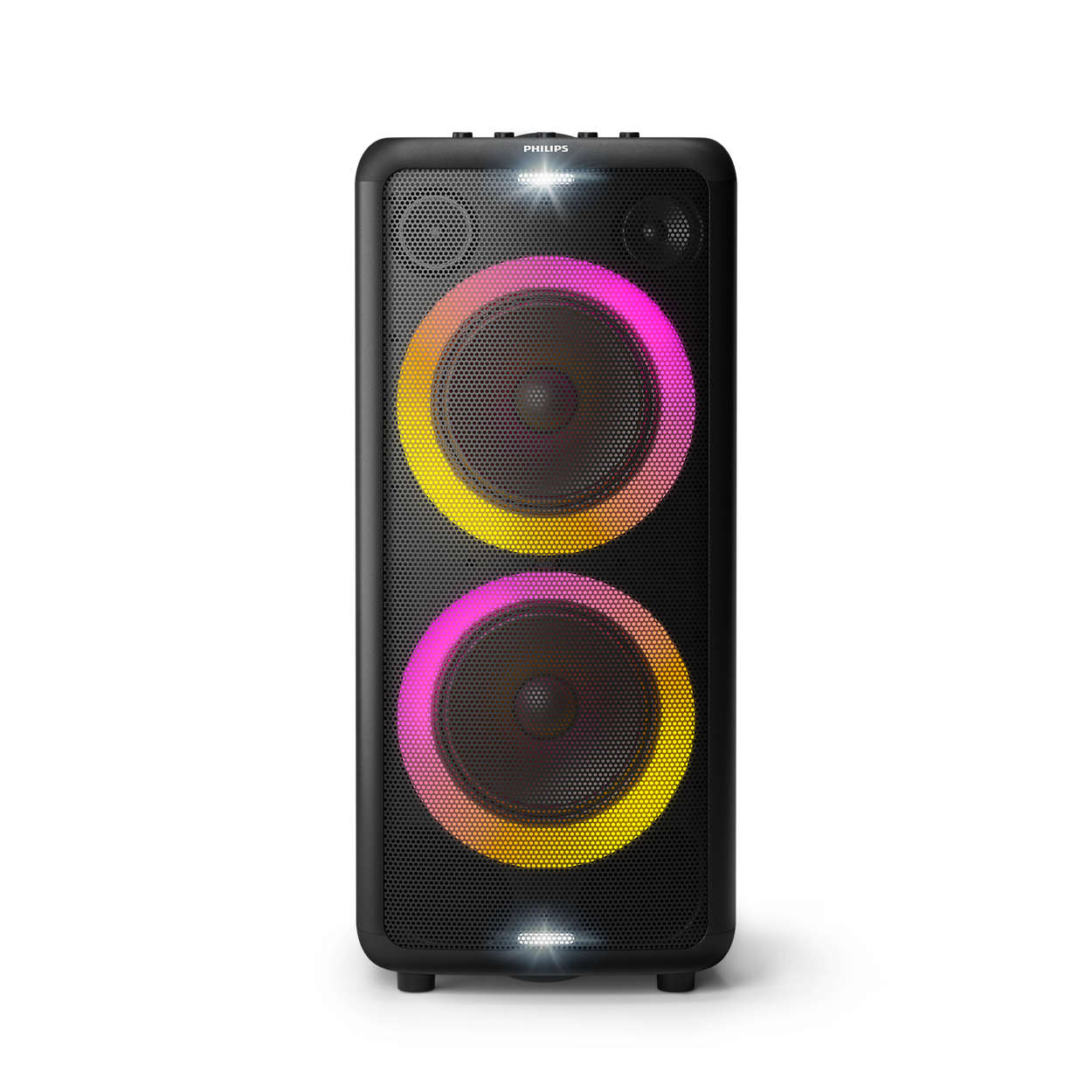What is a Wireless Speaker Adapter and What is its Function?
Every wireless speaker, be it the jumbo 5.1 Logitech set you’ve carefully set up around the room, or the teeniest of laptop speakers occupying desk space in your study, requires a RF, Infrared, or Bluetooth signal to function. Of these, Infrared is hardly ever used, so we can skip this little technology. Bluetooth devices tend to include the signal transmitter in the device itself – your phone, for instance, doesn’t require an external antenna or adapter to transfer files via Bluetooth.
This brings us to RF – Radio Frequency – by far the most popular method of making audio ‘wireless’. The basic premise is simple: a particular frequency of the radio band is used to transfer data wirelessly. Think of the way your cordless phone works (if you still have a landline connection, that is). The wireless oneplus tradein speaker adapter is installed into a computer/iPod/TV/music player, and it transmits a signal that is captured by the receiver in a speaker system. Before you can say “Presto!”, you’ll hear audio from your speakers, all done wirelessly.
The purpose of the wireless speaker adapter then, is simple: it plugs into an iPad, computer, etc. and transmits a signal that can make any speaker system ‘wireless’ (provided the speaker and the adapter are compatible, that is).
Why Use a Wireless Speaker Adapter?
Good question. From a perspective of quality, the argument in favor of wireless audio is quite weak. You see, to play music, you need to transfer large amounts of data. With a wired system, there is very little data loss. Consequently, the resultant audio is of a very high quality. In fact, some manufacturers, like Monster, sell speaker wire that costs hundreds of dollars based on the simple premise that higher quality wire translates into better audio.
What works in favor of wireless speaker is not quality but convenience. Running speaker wires all around your room is not exactly my idea of an ideal entertainment set up. Every day, more and more devices are going wireless. We’ve already ditched our landlines for cellphones, our keyboards and mice are typically wireless these days, and our XBox 360 and PS3 gaming controllers work wirelessly as well. This crusade against wires is rooted in convenience, not quality, and this is exactly what works in favor of wireless speakers.
Put simply, with a wireless speaker adapter, you can enjoy your music without the hassle of dozens of wires running to and fro from your computer/iPod/etc. Sure, the audio quality won’t match a wired system, but for most people, the difference is negligible.
What Should You Look for When Buying a Wireless Speaker Adapter?
First: compatibility. A wireless speaker adapter can’t magically run your decade old speakers wirelessly. Every wireless speaker adapter is designed for use with certain speaker models. For example, the AudioEngine AW-1 wireless adapter can run only on select Audioengine speaker systems. The Logitech Bluetooth wireless adapter, on the other hand, can work with most modern speaker systems. Whatever you do, go through the manufacturer’s website carefully to see if it will work with your current speaker system.
Second: range. This holds true for any and all wireless devices. Where do you plan to keep the speakers? Where will the adapter be placed? If your speakers are in your living room, and you want to play music directly from your bedroom upstairs, you might have a hard time if you don’t buy the right adapter. Ideally, a wireless speaker adapter should offer you a range of at least 30-50 feet (the more the merrier). This should be more than enough for most people.
Third: format. It might sound very basic, but do make sure that you pick the right format – Bluetooth or RF – when buying a wireless speaker adapter. For instance, if you want to run music from your phone, then a RF adapter will be of no use.
Fourth: price. The lower the price, the better (duh!). You can get a pretty good wireless speaker adapter for less than $100.
For the sake of compatibility, I recommend a Bluetooth wireless adapter. Bluetooth is becoming near ubiquitous and is available in almost every device these days. Bluetooth can be used with a wide range of speakers and you aren’t limited by model or manufacturer. They are slightly expensive, but are far more cost effective in the long term.

